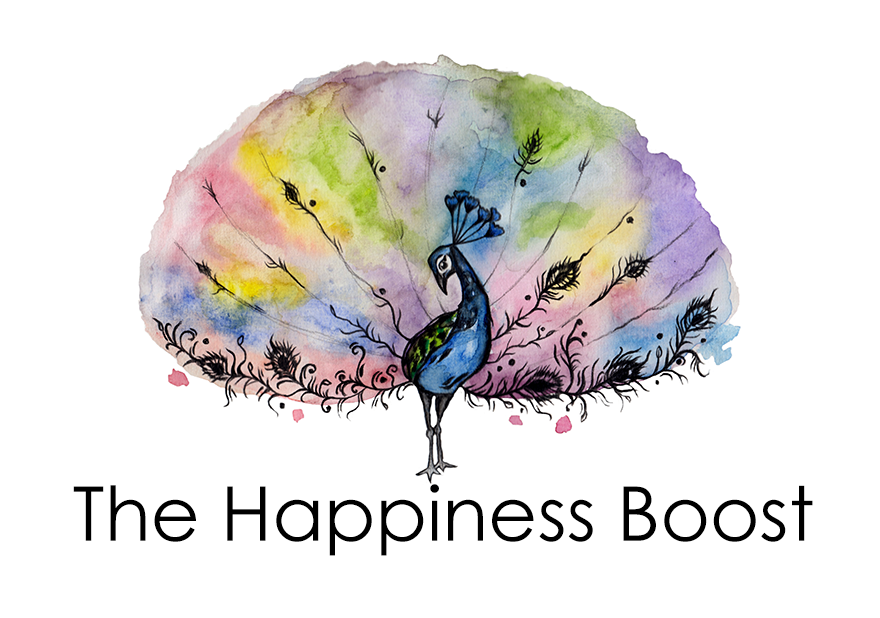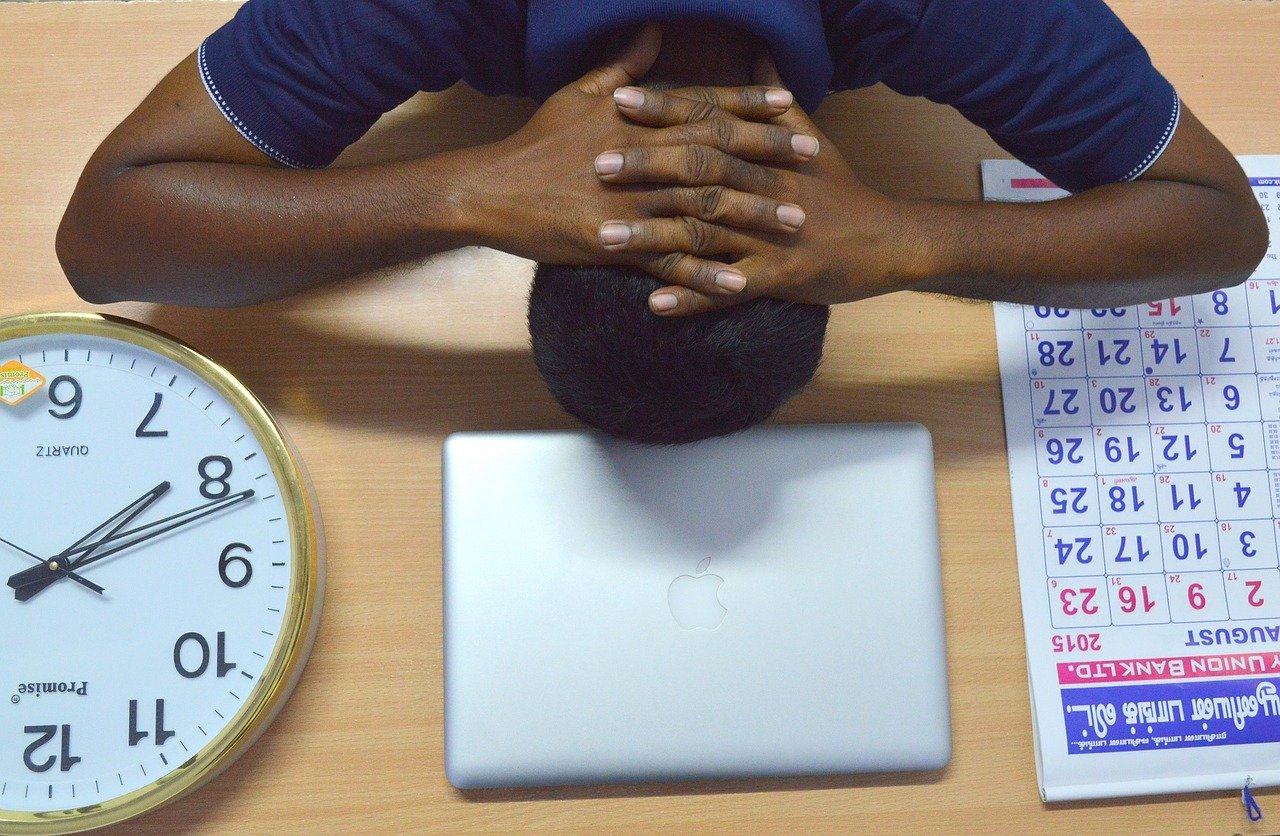The corona outbreak has called upon an understanding of the psychology behind people’s actions as we watch as people refuse to listen to the newly imposed rules and regulations, deliberately leaving the house when asked not to or hoarding toilet paper and other essential supplies. And while these actions are important to reflect on and learn from, the topic that I want to devote this post to is the high expectations that have been imposed on us during this period.
One such example of these high expectations is that many organizations have the belief that business must continue as usual despite the fact that this is a time of crisis. The reality of the situation is that while organizations impose their demands, there are many individuals struggling. From those who are ill with the virus or who have a loved one who is ill, to those parents who are desperately trying to entertain a 3-year-old while balancing work demands, to those who are having sleepless nights over the thought of contracting the virus or losing their job. This is not a normal time and therefore to expect normal behavior and performance is unrealistic and potentially dangerous for our mental and physical health.
The thing about a crisis is that it often magnifies the problems already inherent in society and having too high demands is certainly a problem our society has been grappling with for a while. One only needs to look at the burnout statistics as confirmation of this. In the Netherlands, a country that is known for a good work-life balance, just over 17 percent of employees surveyed in 2018 had complaints of burnout, an increase from just under the 13 percent reported in 2010.
Improving mental health has become a trendy topic, but yet the expectations and pressure that cause mental health decline have never been so rife. In our society the individual or even the generation are often blamed for the increase in mental health problems. The younger generation is labeled as not being resilient, the individual is called weak, while the fact that we are expected to be accessible 24/7 or that we are constantly overloaded with information and social comparison is overlooked. It is my view that in order to really improve mental health, we need to look to the societal level.
My hope is that expectations will be lowered on both an organizational and national level not only in this time of crisis, but in our society in general. In the meantime, it is crucial to nurture and protect yourself. So how can you ensure that you safeguard yourself and don’t burn out during this crisis period.
1. Become aware of your limits
Learning to recognize and listen to our bodies is the first step to protecting ourselves. Do you perhaps feel tired or overwhelmed when somebody asks too much of you? Or maybe anxiety or fear is your predominant response. And where in the body do you feel this? Perhaps your stomach tightens or your jaw clenches, perhaps your heart beats faster or maybe you feel like your blood is boiling.
Mindful check-ins with how you are feeling throughout the day can help you learn to recognize more easily when you are feeling mentally and/or physically poorly. To get in the habit of checking in with how your body feels, it can be helpful to set a reminder on your phone or computer that goes off every few hours. On hearing the reminder, close your eyes and then ask yourself how you are feeling in this moment. Finally, focus on where you feel this in your body. Soon you will become a master at recognizing your limits.
2. Learn to be OK with saying no
Another important step to protecting yourself is learning to be ok with saying no. The word ‘no’ is easy enough to say but the consequences of this word often prevent us from saying it. Perhaps you are afraid of disappointing people or making them angry. It is true that people will not always be pleased with you if you say no but that should not get in the way of doing it anyhow. Saying no and setting boundaries means that you will have more energy to live a happy healthy life, which will in turn have a positive impact on others.
If you are struggling to say no, it may help to remind yourselves of the costs of not saying it. Will your physical and mental health suffer as a consequence? In turn how will this affect your relationships or your (other) work tasks? Thinking about the costs can be a reminder that saying no is the opposite of being selfish.
3. Manage your own expectations
It is easy to take on the messages of society and in turn set our own high expectations for ourselves. In fact, we at times can be our own harshest critic. In order to create healthy expectations for ourselves, it can help to change ‘have to’ ‘should’ and ‘must’ thinking into ‘want to’ ‘hope to’ thinking. Saying to yourself ‘I have to complete this task well’ is a lot more stressful than telling yourself ‘I want to complete this task well, but if it doesn’t work out it will still be alright.’ Practice monitoring how often your demands are unrealistic and rigid and try to replace this with healthier and more compassionate messages to yourself.
4. Spoil yourself
One way to mitigate the negative effects of high expectations is to focus your attention on being kind to yourself and doing things that make yourself feel happy. These things do not have to be extreme, sometimes the little things can have a significant effect. Perhaps spoiling yourself means giving yourself that hour every day to read or do yoga. Perhaps it means splashing out and buying the dress you have had your eye on for a while or baking your favorite cake and eating it while watching your favorite Netflix series. Especially in a crisis situation, your energy is depleted and these activities can be the medicine needed to restore your energy. So, please give yourself the permission to spoil yourself!

